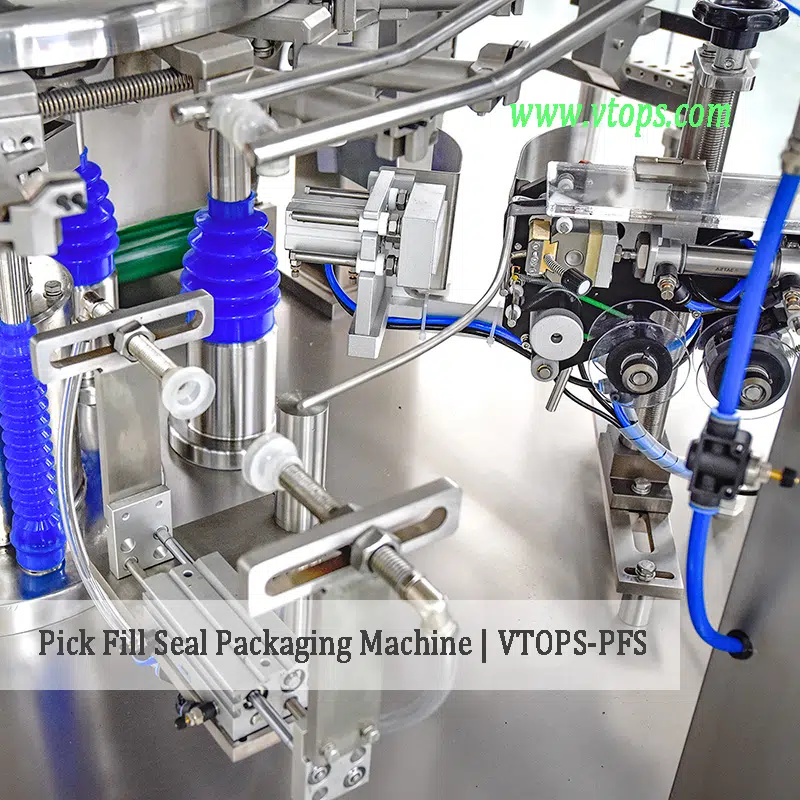Three Major Problems in The Management and Maintenance of Pharmaceutical Equipment in Pharmaceutical Factories
In the daily production and operation of pharmaceutical factory, the pharmaceutical equipment is an important part and also one of the six quality sections of FDA. However, it has often been ignored, so some problems appear, such as inadequate selection consideration, inadequate design, inadequate validation, inadequate daily operations and maintenance. Once the equipment cannot meet the regulation requirements, it is easy to bring potential crisis to drug quality and safety. Drugs are special commodity that closely related to human health and safety. It reminds pharmaceutical enterprises to pay more attention to their equipment and management in order to get better function and longer service life.
Pharmaceutical Equipments
There are varieties of pharmaceutical equipment, mainly include the following:
- 1. API (Active Pharmaceutical Ingredient) Equipment
- 2. Preparation Equipment
- 3. Pharmaceutical Crushing Equipment
- 4. Decoction Pieces Equipment
- 5. Pharmaceutical Water Equipment
- 6. Drug Packaging Equipment
PFS Pick Fill Seal Packaging Machine meet Drug GMP standard - 7. Drug Testing Equipment
- 8. Pharmaceutical Auxiliary Equipment
These equipments have great importance but a short repair cycle. This bring great challenge to pharmaceutical factory.
At present, many domestic pharmaceutical enterprises still have relatively old management model, and not enough initiative in equipment management. They often maintenance management after the problems appear. As a result, this brings high maintenance cost and also affects the stable operation of production.
Classified
The professional classified the outstanding problems as three aspects :
Lack of Investment in Informatization
Firstly, Lack of Investment in Informatization. Although the pharmaceutical companies began to pay attention to equipment management in recent years, and also actively record the basic parameters of equipment problems. However, problems often appear in the actual management process, such as lacking detailed equipment information, providing maintenance data slowly, which block the maintenance and later transformation go smoothly, and bring potential dangers to drug quality.
Equipment Management
Second, pharmaceutical equipment is professional,complex and has a high technical threshold. As there is no specific maintenance standard for some equipment. Moreover, some enterprises do not pay attention to the management and are unwilling to make maintenance standards. So it is diffiucult to maintain the equipment, many enterprises even stick to the traditional management method: only maintenance when problems occur.
Professional Team
Third, pharmaceutical enterprises lack high professional equipment personnel and teams. Coupled with the low level of professional skills of operators, the lack of self-contained equipment maintenance training system, to bring obstacles to equipment maintenance work, equipment safety risks are also generated.
Summarize
In view of the above problems, it is urgent for pharmaceutical enterprises to change their management concept and mode, strengthen the maintenance of pharmaceutical equipment, to ensure the quality and safety of drugs. For example, we can establish a sound and perfect information collection system for pharmaceutical equipment, actively understand foreign new technology and new ideas, strengthen the good control of equipment parameters by using computer and other technologies, and help improving drug quality and drug production efficiency.
At the same time, the professional ability of employees is directly related to the quality of equipment. The enterprises need to pay attention to the training and introduction of professional talents, strengthen the technical training of maintenance and professional management personnel, and improve their comprehensive quality and technical level. In addition to that, the enterprises also need to strengthen the detection of equipment, determine the maintenance time, grasp the type of faults, and actively take targeted measures to repair and management, so as to ensure the quality of drug production.
